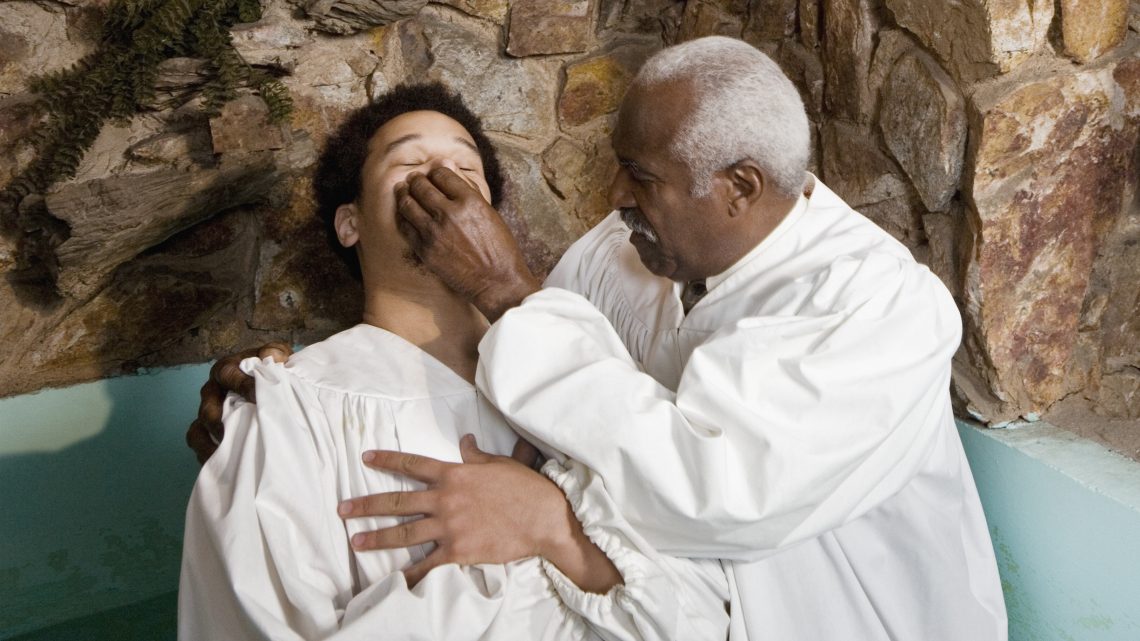-
The goal of discussions on health often determine our definition of “health.” A healthy body is different than a healthy family, or healthy church or school or garden. Yet there is commonality among them. In this article, and future ones, I want to share with you my convictions regarding healthy churches.
Scripture describes the church through various metaphors: a temple, a body, a bride, a nation, the priesthood and more. These are a diverse set of verbal pictures. Yet together they all help us better understand what Jesus meant when He said, “… I will build my church.” A temple is something you enter into for worship purposes; a body is something you are; a bride is someone a groom relates to with exclusive love and commitment; a nation is a human group in some level of commonality; priesthood gets at the spiritual/missional function of the church.
So what is a church?
Let’s try a rather formal definition, recognizing that words are themselves limiting. The church is a collectivity of people called by Jesus Christ who have banded together voluntarily in a common set of beliefs, values, commitments, vision and mission. Their shared mission is to reflect the character of the head of the church, the Lord Jesus Christ, so that those not of the church will be attracted to and join it, causing its growth until the whole world is enabled with them to know and worship, serve and obey, that same Lord. They will use every appropriate means to advance that mission, including preaching, teaching, serving, providing for healing, offering fellowship, a sense of family and community.
So what is a healthy church?
A healthy church provides spiritual sustenance to its members and guests; expects accountability of both leaders and the rank and file; admonishes and exhorts those inside and out when necessary; focuses always on mission in its undertakings; speaks boldly the word of God in love and respect, yet with confidence and intelligence; allows for growth in knowledge and grace in both members and attendees; seeks true disciples of Jesus, not contenting itself with mere numbers of members; recognizes Jesus alone as worthy; and more.
Some years ago the ads of an American finance company used the line “membership has its privileges” to sell itself on the basis of some self-perceived prestige. The corporation’s name isn’t important, but I use this example to call attention to the benefits of membership and belonging.
As a lifelong member of the Adventist Church, let me list a few of the privileges it provides:
- A Biblical message that is hermeneutically sound and consistent
- A system of truth holistically comprehensive in nature
- A commitment to the wonderful Gospel of Grace that permeates (or should permeate) all we do and who we are
- A world-wide mission free of caste and aimed at all populations that has persisted in the face of real persecution in some locales
- A movement that provides for the education of its youth not only in spiritual matters but in leadership, resulting in an annual burst of new graduates who are eager to transform their communities
- Global missional opportunities for all types of volunteers and career missionaries, each working for the good of the community yet receiving equal benefit. Missional symbiosis is nothing short of the Holy Spirit of God at work.
And I could go on.
But I will make just one more point. Each of these benefits or privileges is meaningless unless you and I are willing to engage in them. Next time we will discuss the fact that membership also has its responsibilities.
Membership Has Its ______










